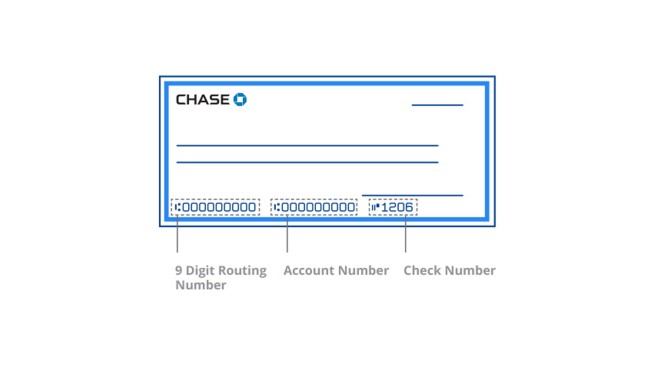How to remove a hold on a bank account

Online banking allows many banking functions to be performed quickly, but money still moves at a deliberate pace. So, if you’ve ever tried to deposit or withdraw an unusually large amount into your account, you may have encountered a hold placed on your account. Fortunately, learning how to remove a hold on a bank account can be fairly straightforward, especially if you understand why they exist in the first place.
Why do banks place holds on bank account funds?
When you make a non-cash deposit in your account, the bank usually issues a credit toward your account. However, they still need to receive the actual money from the issuing bank. For this reason, your bank may restrict your access to the funds, or only release a portion to you, until the transaction clears. Some other considerations for placing a hold on bank account funds may include:
Depositing a large check
If you make an unusually large deposit, your bank may place a hold on bank account funds until they can verify that these funds will clear. The same applies to multiple large deposits made in a short-time period. One reason this action is taken to help protect consumers from accidentally writing checks that might bounce.
Discrepancies with a check
If a check appears to be uncollectible, it could potentially trigger a hold on your account. Checks may be considered uncollectible if:
- The check is older than six months (also known as having a stale date) at the time of deposit.
- The issuing bank communicates that the originating account has insufficient funds.
- The check is postdated to a date in the future.
Bank account security
Suspicious or fraudulent activity can also potentially cause a hold on bank account funds. These holds typically stay in place until the bank can verify that everything is legitimate.
Check processing times
According to federal law, your funds must be made available to you within two to five business days. Exact times can vary. Please contact your bank for specific information on fund availability.
Banks must also make at least $225ec-fed-reserve-031825 of the deposit available for withdrawal or check writing by the next business day. In July of 2025, this amount will update to $275. However, the bank or credit union may delay the availability of funds if the funds need to be verified. Also, please note that a business day refers to workdays when the bank is open. That means, nights, holidays and weekends may affect your timeline. Be sure to contact the bank or credit union for banking hours and holidays, as well as their procedures for check verification, as they typically vary.
How long does a hold last on a debit card?
You may also occasionally encounter holds on your debit card. These holds are a little different from bank account holds. When you use your card for a transaction and the total amount isn’t immediately known — at a gas station, for example — the merchant might place a pre-authorization hold on your account for an estimated total amount. Even if you end up spending less than that, the funds in your account may still be on hold for the full estimated amount. Processing and clearance times on these holds can vary based on the merchant, card issuer and bank.
Removing a hold on a bank account
Discovering a hold can be understandably frustrating, but holds exist to protect customers and financial institutions alike. When figuring out how to remove a hold on a bank account, you can often contact your bank and find out what caused the hold.
- If it was a pre-authorization hold placed by a merchant on a debit card transaction, you might be able to contact them directly and have them remove it.
- If a hold is placed on a deposited check, the bank will notify you and will typically adhere to standard procedures and processing times.
- If you believe the delay is due to an error, you can call or visit your local branch to go over specifics of your situation with a representative.
Preventing bank account holds
Most holds are triggered automatically whenever a transaction meets certain criteria. Here’s how you can prepare in advance to help avoid some common reasons behind a hold on bank account funds.
Paychecks
Signing up for direct deposit on your paychecks could help you avoid bank holds. As a bonus, you won’t have to keep visiting the bank every payday.
Large deposits
If you’re expecting a large payment, you may plan ahead by requesting a cashier’s check or certified check that typically clear more quickly than a personal check.
Debit cards
It may be helpful to ask merchants about hold policies ahead of time so you can plan your spending accordingly.
In summary
Banks deploy holds for a variety of reasons. This mechanism is in place to protect both consumers and financial institutions. Understanding how to remove holds on a bank account can come in handy and may even help you avoid them going forward.



